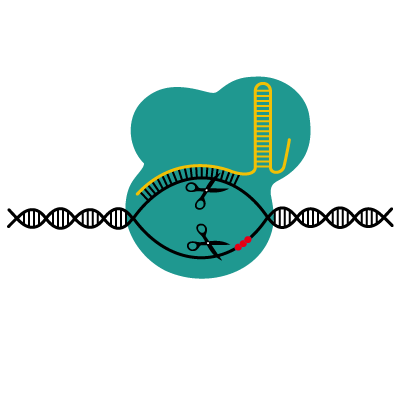Aggregated News

As far back as 2015, scientists have been warning against using CRISPR-Cas9 technology to modify germline genomes. Indeed, a perspective published that year in Science suggested that otherwise unexceptionable disease-curing applications could place human genome engineering on a “slippery slope” toward germline gene modification, with unpredictable consequences.
When the warning against germline editing was ignored by Chinese scientist He Jiankui, PhD, at least some of the consequences were predictable. The scientific community was shocked, even aghast. And Chinese authorities launched an investigation. Ultimately, He Jiankui was fired by his university, the Southern University of Science and Technology in Shenzhen. He also received a hefty fine, a three-year prison sentence, and a ban from further research in assisted reproductive technologies.
If the “CRISPR Babies” revelation led to clear professional and legal outcomes, the scientific outcomes, to say nothing of the individual health consequences, remained murky. However, a degree of scientific clarity became evident this week, at the 39th annual meeting of the European Society of Human Reproduction and Embryology (ESHRE). At this meeting, one of the presenters, the University of...



